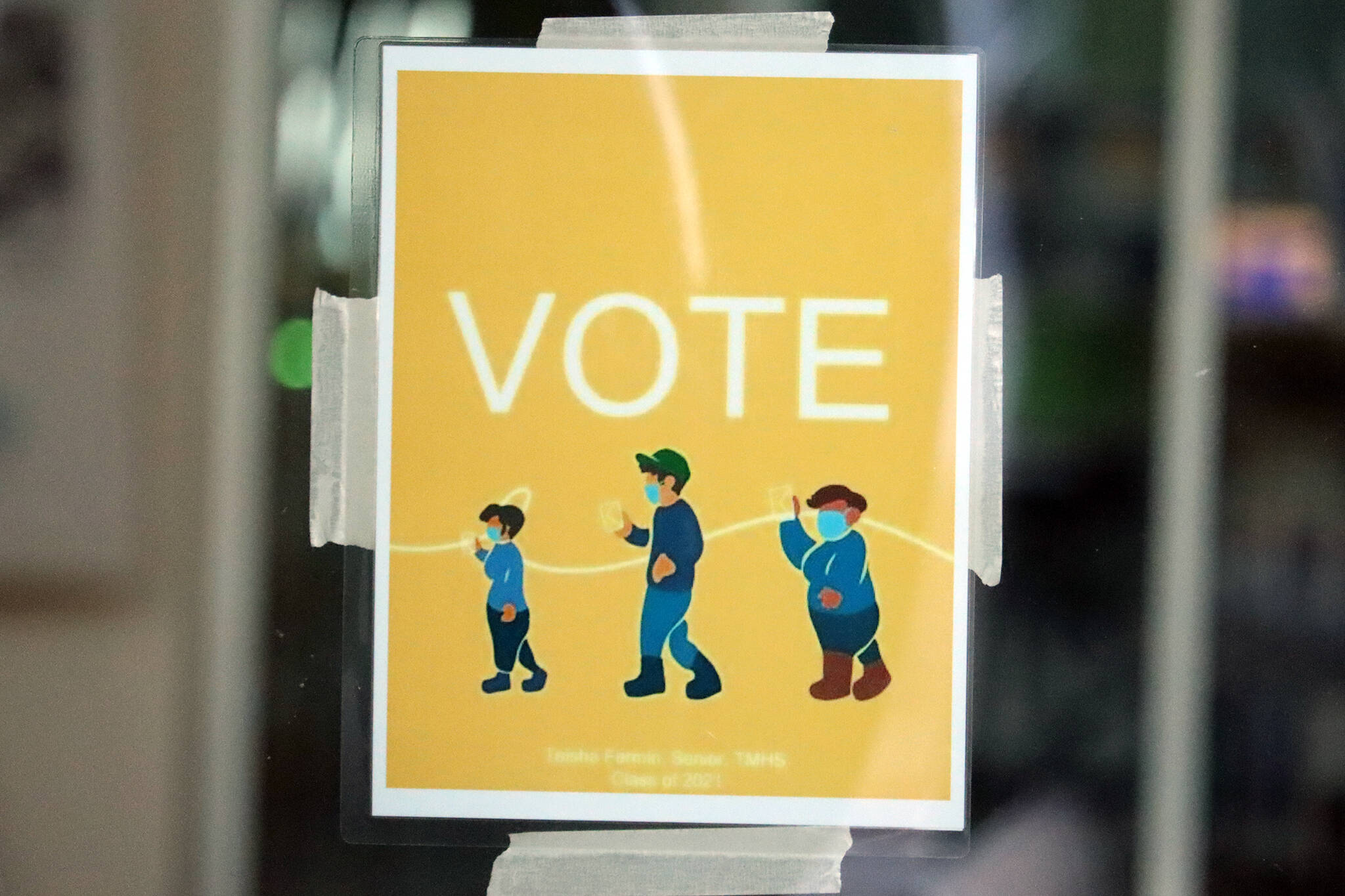Rich Moniak
There’s no other way to say this. Juneau’s last municipal election was a failure. The results were certifiable, but the ballot rejection rate of 8% is beyond unacceptable. That we’re just learning this now doesn’t foster trust in voting by mail.
The argument that mail-in balloting increases voter participation never impressed me. Making it easier to vote does little or nothing to encourage the development of a well-informed electorate.
I also had little faith that the U.S. Postal Service was up to the task. And knowing how my signature has evolved over time left me wondering if my ballot would be accepted. As it turns out, these were among the main reasons why the majority of the 700 ballots were rejected.
Lastly, I thought it was an unwise decision to make while Donald Trump was endlessly whining that the 2020 election was stolen from him.
As the Heritage Foundation has documented, in rare instances actual voter fraud resulted in elections being overturned or elected officials removed from office. In those cases, the perpetrators were either individuals or small groups acting outside the knowledge of either political party.
In almost all other situations, voter fraud has had no impact on election results. And there’s never been evidence of a large, coordinated conspiracy to rig an election.
But thanks to Trump, a third of the country thinks Democrats used mail-in ballots to execute fraud on a massive scale.
“Mail ballots are a very dangerous thing for this country, because they’re cheaters,” he said six months before a single vote was cast. “They’re fraudulent in many cases.”
He stayed on that message right up until Election Day.
“This is a fraud on the American public,” he cried late that night.
Afterward, Trump falsely claimed “there were more votes than people who voted” in crucial swing states and “FAR MORE VOTES THAN PEOPLE” in Detroit, Michigan.
“This election was rigged,” he said in a speech posted to Facebook on Dec. 2, 2021. “We already have the proof. We already have the evidence, and it’s very clear.”
More on that lie to follow.
By then the well of election integrity had been poisoned. Trump continued to dump more toxic lies into it after he left the White House. A lot of it focused on unverified claims of mail-in ballot fraud. And as if his incessant rage had no impact on any voters here, in April Juneau’s assembly decided to use it anyway.
A few weeks later, Anchorage provided ample evidence of the mistrust for mail-in elections that Trump created. In the mayoral runoff there, almost all ballots were cast by mail. Election officials reported that most of the 95 election observers weren’t trained. And during the process of counting the votes, that unusually high number of observers “strained the small staff at the Election Center” and subjected officials to “intense scrutiny” and “unprecedented harassment.”
David Bronson, the conservative candidate, won the race by less than 1.5%. If an 8% rejection rate been disclosed three months afterward, it would have been the liberals arguing mail-in balloting was flawed.
In an Empire op-ed published the day after Juneau’s municipal election, former state Rep. Cathy Munoz raised valid concerns about mistakes CBJ made when sending ballots to her family.
“The goal of getting greater participation in our electoral process is a goal that I strongly support,” she concluded. “However, the integrity of our vote cannot be jeopardized in that pursuit.
While I absolutely agree with her statement, the biggest threat to election integrity everywhere is Trump’s lies.
The latest development on that front should make it easier for responsible Republicans like Munoz to publicly refute them.
This week, a reporter asked Trump why two of his own election lawyers stated in court last year that they weren’t alleging fraud. “It was too early to ask for fraud and to talk about fraud,” he said. In other words, the clear proof of fraud Trump claimed to have a month after the election results never existed.
All noble paths run through the truth. The ones that matter here are Trump lost a free and fair election and mail-in voting isn’t a panacea when so many voters don’t trust it. Denying either one other is undermining the health of our democracy.
• Rich Moniak is a Juneau resident and retired civil engineer with more than 25 years of experience working in the public sector. Columns, My Turns and Letters to the Editor represent the view of the author, not the view of the Juneau Empire. Have something to say? Here’s how to submit a My Turn or letter.

